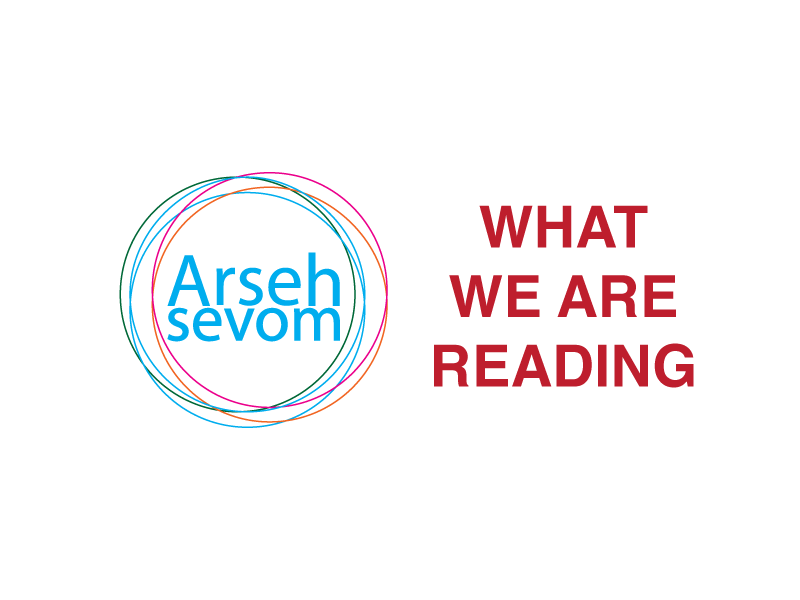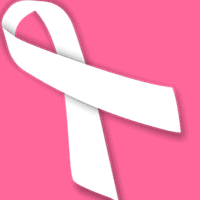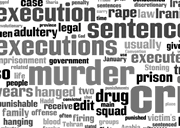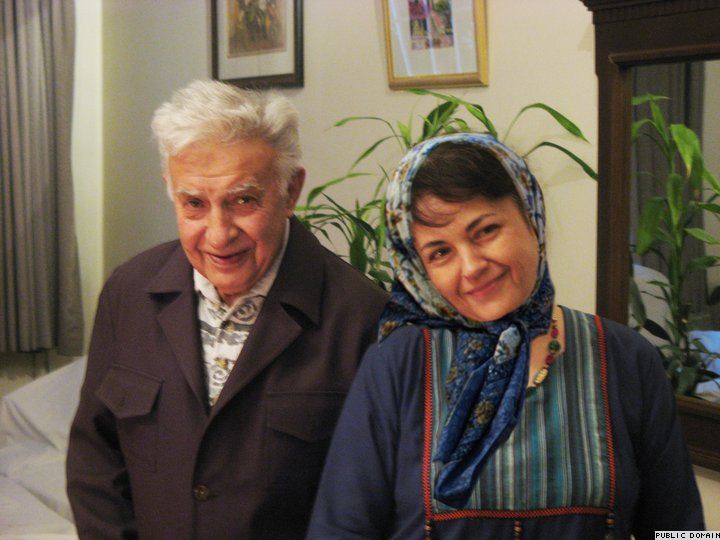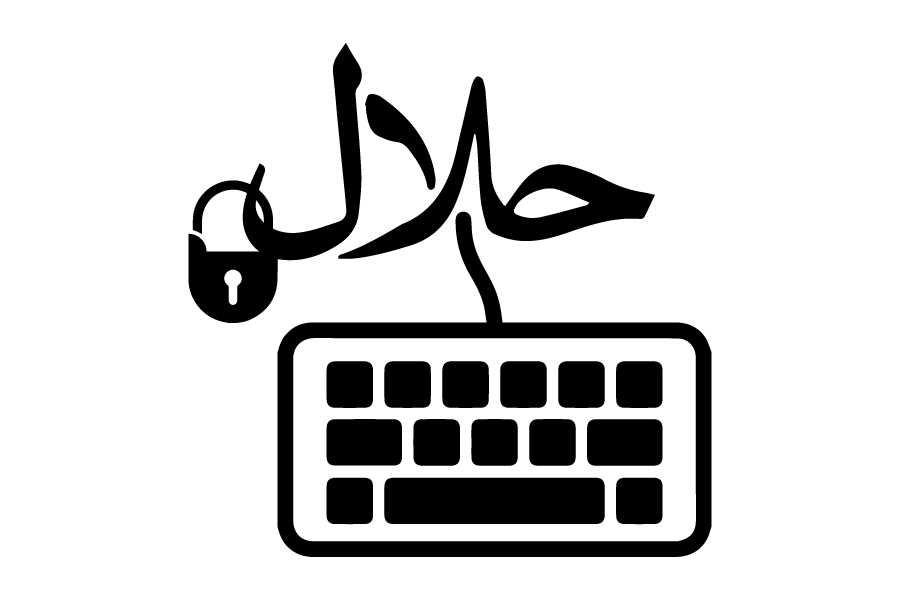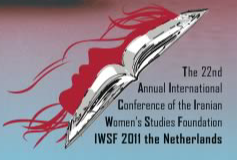August 29, 2011
The International Campaign for Human Rights in Iran is reporting that opposition leader, Mehdi Karroubi has been isolated from family and friends for more than a month now and is being forced to make a false confession.The depletion of Lake Orumieh in Western Iran is causing protest throughout the country. Radio Free Europe reports that over 30 activists have been arrested in Iran.It has been announced that 100 political prisoners will be released in Iran.Vali Nasr warns of the possibility of sectarian violence in his opinion piece If the Arab Spring Turns Ugly.Read more...



